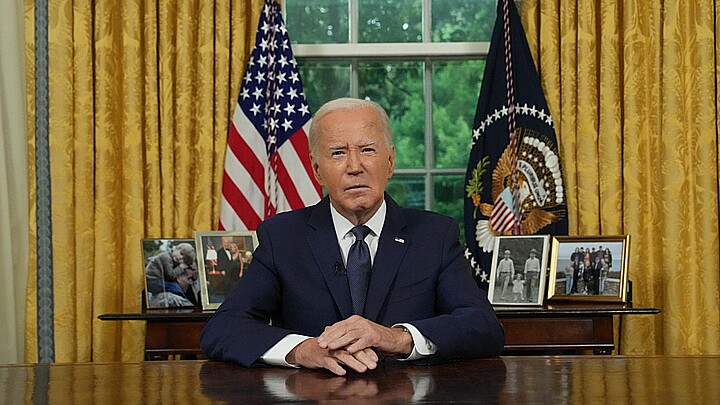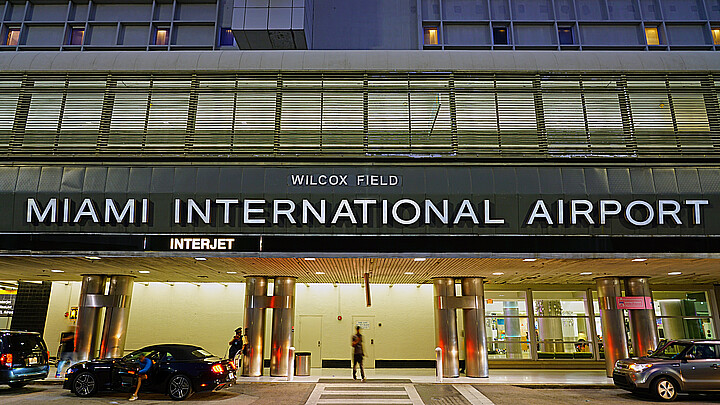Politics
Cuban regime publishes draft bill on expropriations
The draft bill regulates expropriation for reasons of public utility or social interest as a means of State action, according to Granma, the Communist Party's newspaper
March 28, 2022 3:53pm
Updated: March 28, 2022 5:05pm
The Ministry of Finance and Prices published on March 28 the draft bill of the "Expropriation Law for reasons of public utility or social interest," which is available for consultation by citizens and specialists, reported Granma.
According to the newspaper of the Communist Party of Cuba, the draft bill allows the state to expropriate property and rights when it is because of reasons of public utility or social interest.
In addition, it designates the individuals qualified to declare the public utility or social interest and the bases and procedure to determine such utility or necessity.
It also endorses the rules established in Law No. 118 on foreign investment on March 29, 2014. According to Granma, it "strengthens legal guarantees for foreign investors in Cuba."
In this regard, Article 4.1 of the text states that "foreign investments within the national territory enjoy full protection and legal security and cannot be expropriated unless such action is carried out in accordance with the provisions of the Constitution, the international treaties signed by the Republic of Cuba and the legislation in force."
The issue of expropriation has been an issue in the U.S.-Cuba dispute since 1959, when many companies, including U.S. companies, were nationalized.
In 2019, then-President Donald Trump activated Title III of the Helms-Burton Act to accept lawsuits from the U.S. or third-country companies that have benefited from the properties of U.S. companies and citizens nationalized after the triumph of the Revolution.
Cruise lines violated the embargo during the Obama era
The latest such lawsuit came to light in February 2022, when the U.S.-based Havana Docks company claimed that cruise lines were illegally using its docks in Havana, which were confiscated by Fidel Castro in 1960.
According to the lawsuit filed by Havana Docks, four shipping lines entered into "illicit" agreements with Cuban companies during the Barack Obama-era thaw that violated the limitations established by Title III of the Helms-Burton Act.
El Nuevo Herald estimated that the profits obtained by Carnival, Royal Caribbean, Norwegian, and MSC Cruises between 2016 and 2019 were around 1,100 million dollars, while the "boom" of trips to Cuba lasted. On the other hand, the island's regime pocketed $138 million.
"A judge's ruling would ultimately confirm the worst fears of many Cuban Americans and South Florida public officials: that travel under the category of 'person-to-person' contact was a smokescreen to justify illegal tourism that enriched Cuba's coffers, helping to finance a repressive regime," the newspaper said.










